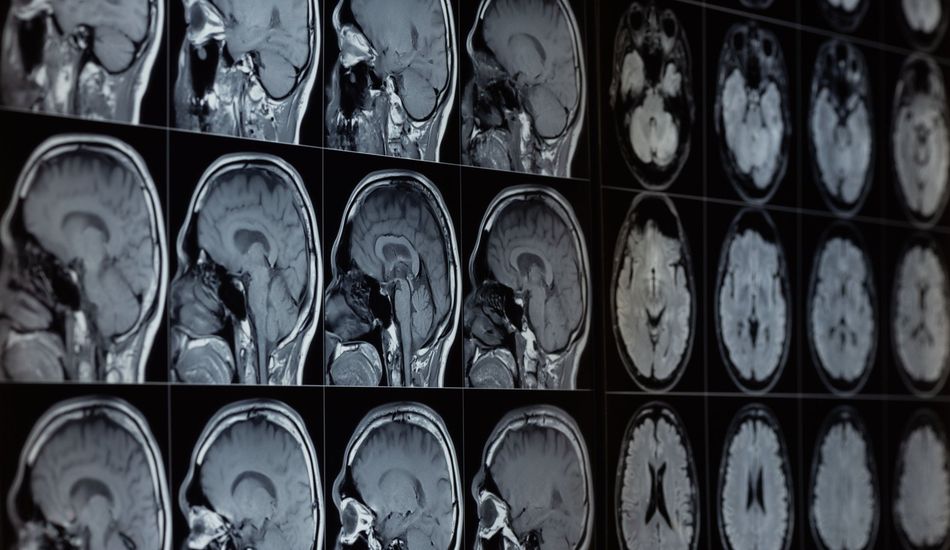
Lithium Deficiency Linked to Alzheimer's: A New Path for Treatment?
Alzheimer's is a devastating disease, and even with the progress we've made, treatments only go so far once symptoms appear. However, new research suggests a previously overlooked factor that could drive the disease, potentially opening doors to new therapies. Could it be that simple?
Scientists at Harvard Medical School have found evidence that our brains naturally contain lithium, and that a lack of it might contribute to the damage caused by Alzheimer's. This is a pretty big deal, as it challenges the idea that lithium is just a drug we take in high doses for certain conditions.
The study compared brain samples from people with varying degrees of cognitive health. What they discovered was pretty striking: people with healthy brains had more lithium than those with Alzheimer's. Interestingly, this lithium loss was visible even in people experiencing only mild memory issues.
To further investigate, researchers studied healthy mice and mice with a version of Alzheimer's. When they lowered lithium levels in the mice, it seemed to speed up the buildup of unhealthy proteins linked to the disease, and memory declined as well. It seems that the amyloid beta plaques, those infamous hallmarks of Alzheimer's, bind to the brain's lithium, causing it to disappear. It's almost like the disease is stealing a vital nutrient from our brains!
A Potential New Approach
The good news is that the team identified a lithium-based compound that wasn't so easily snatched up by amyloid beta. When they gave this compound to mice, it seemed to prevent the brain damage and memory loss usually associated with Alzheimer's. This is exciting because existing treatments only modestly slow the disease's progress.
Now, before you rush out to buy lithium supplements, it's important to note that other forms of lithium are used to treat mental health disorders, but they require high doses and can have side effects. The compound used in this study, however, worked at a much lower dose and showed no signs of toxicity in mice. I think we're on the verge of something new here.
What I'm most excited about is the potential for early detection. Imagine being able to screen people for Alzheimer's risk by simply measuring their lithium levels! Of course, human trials are necessary to see if the same results happen in humans, but this discovery could have significant implications for how we approach and treat Alzheimer's in the future.
Source: Gizmodo